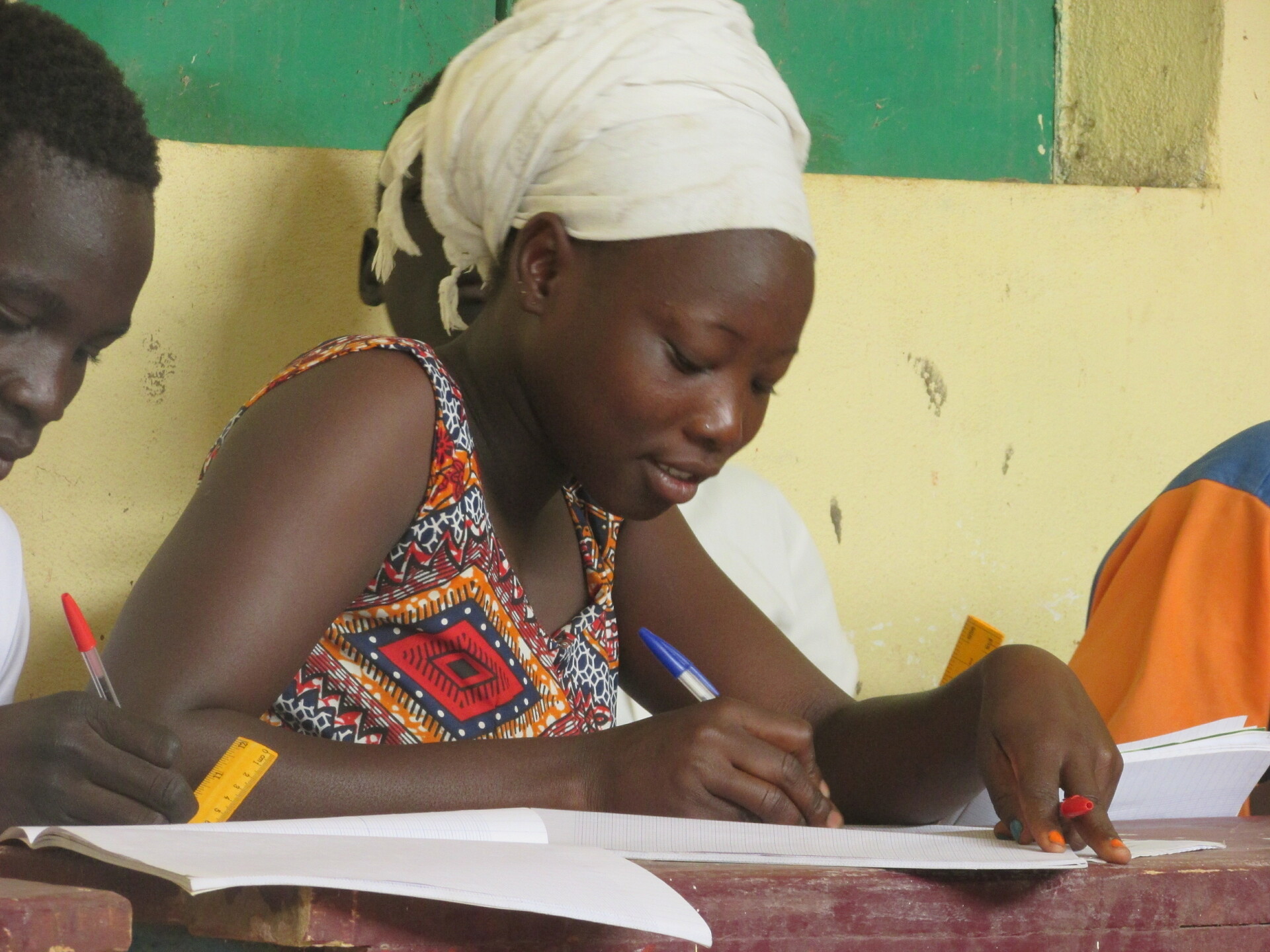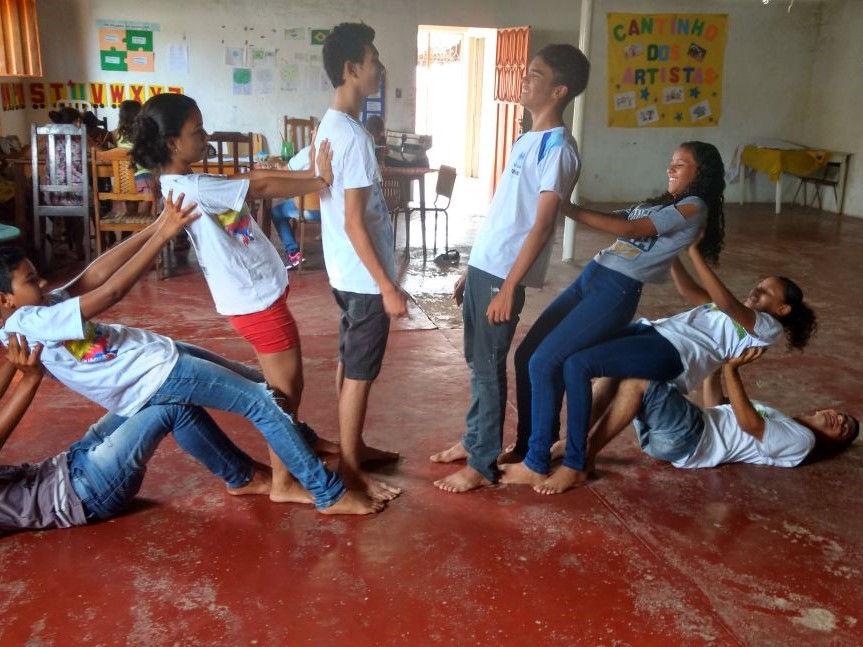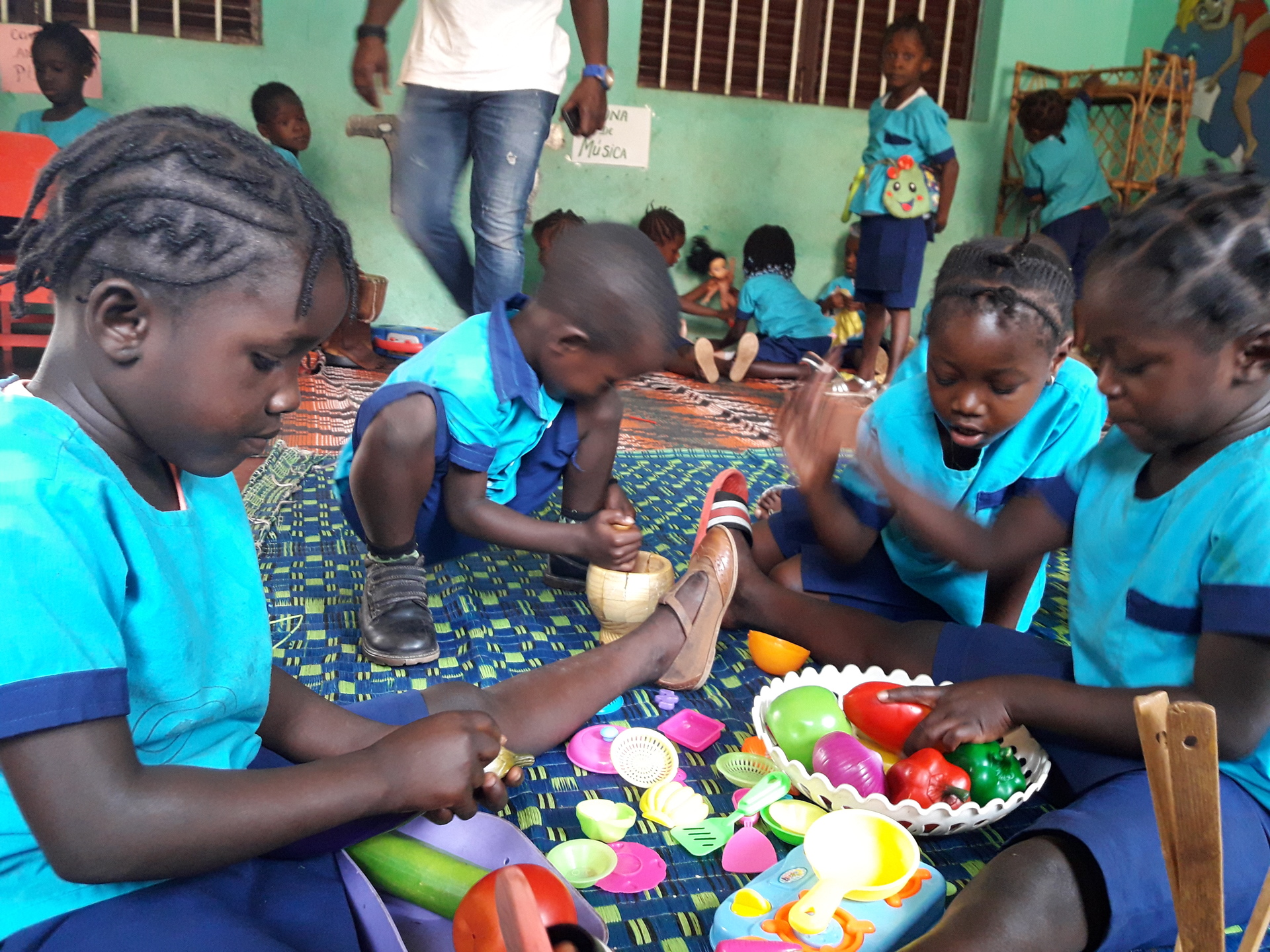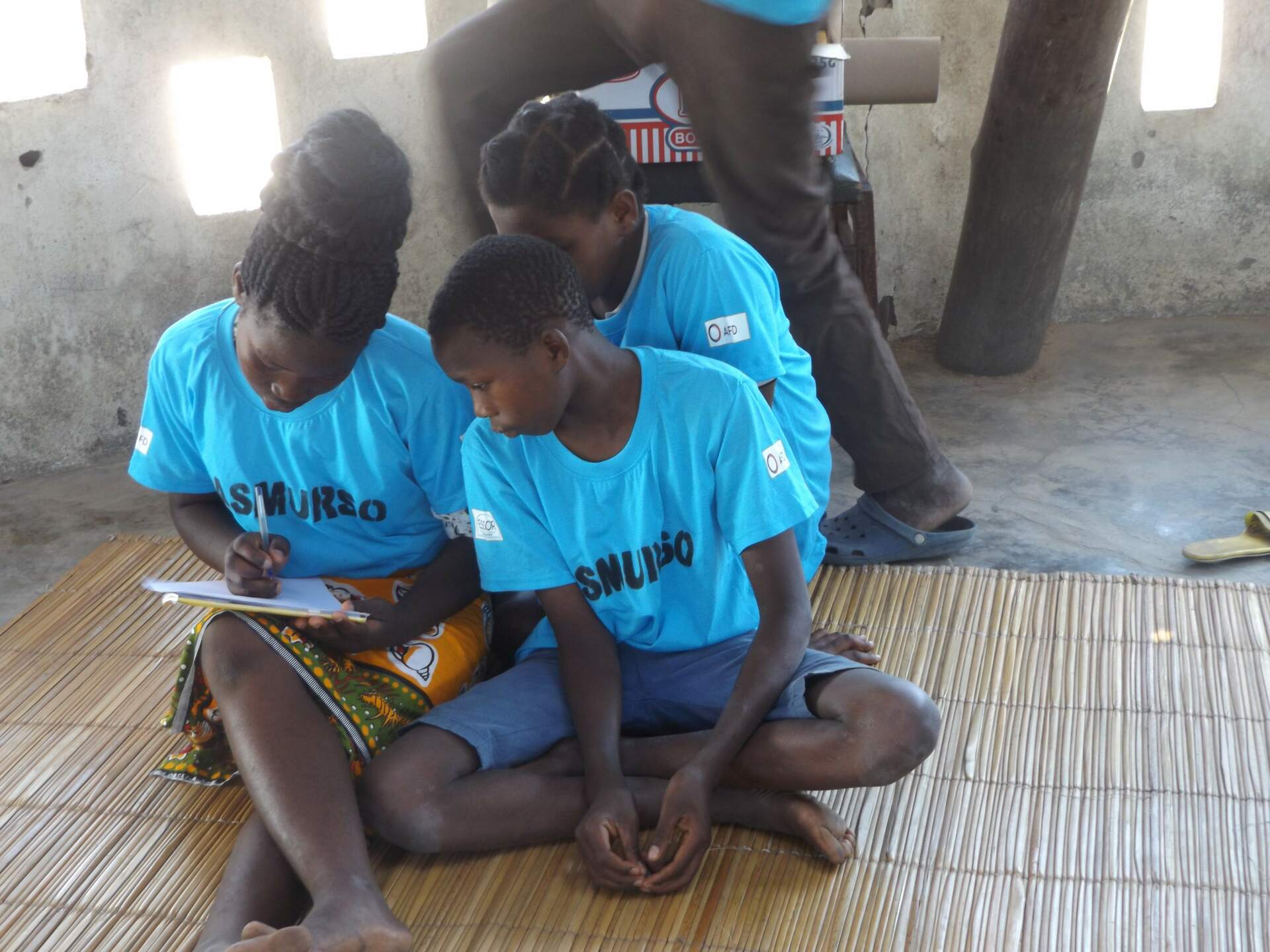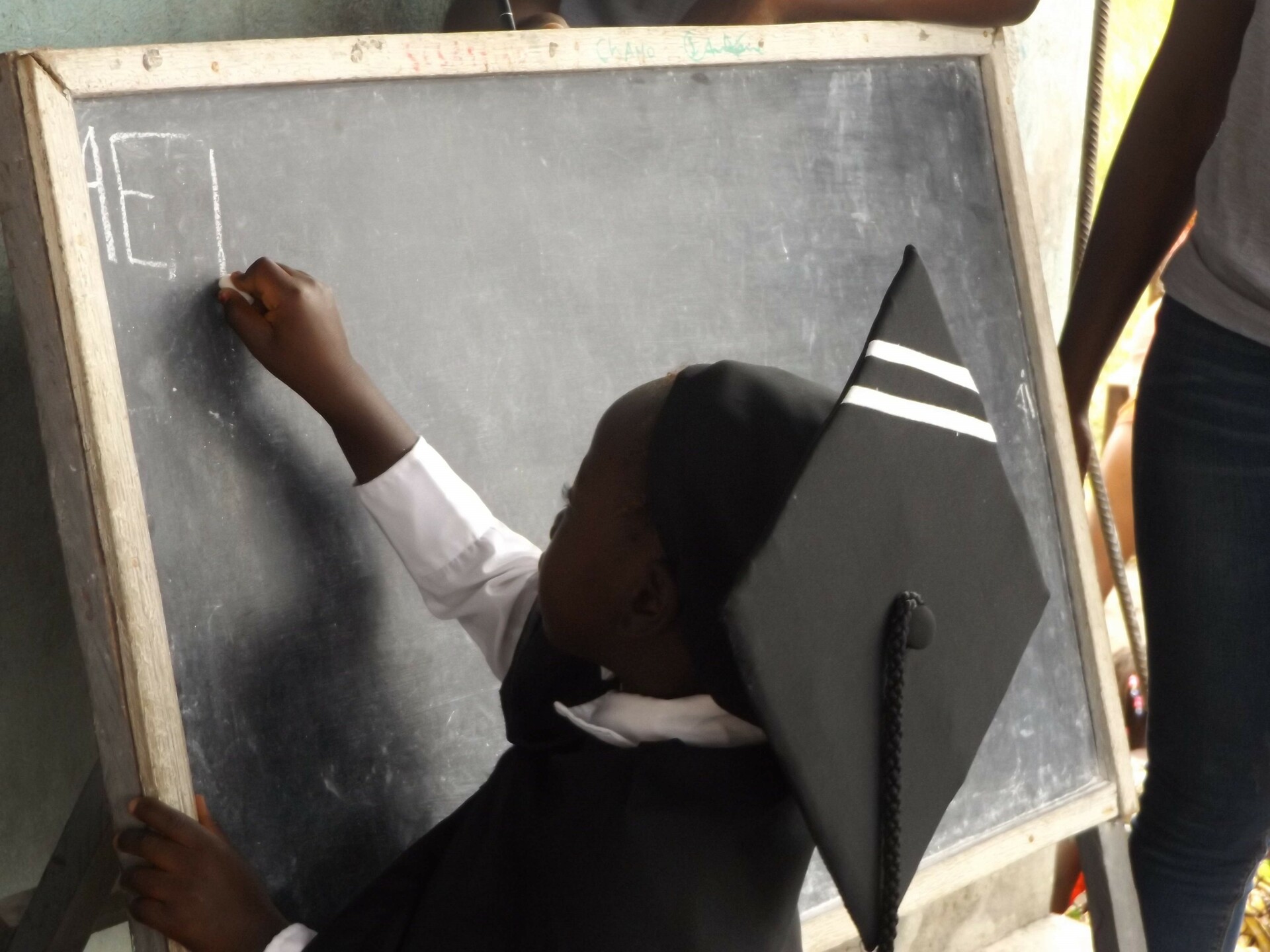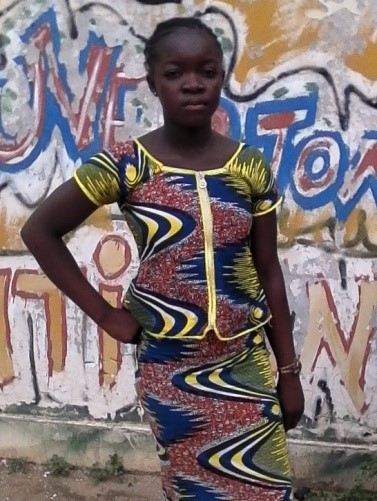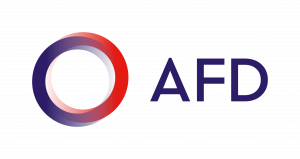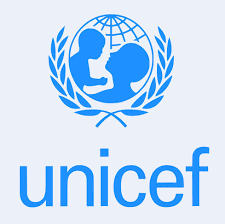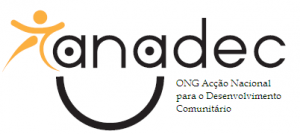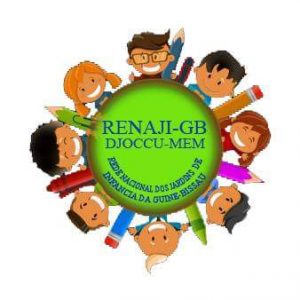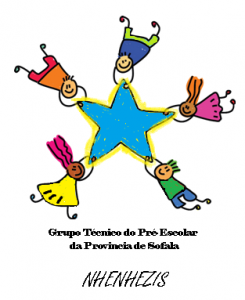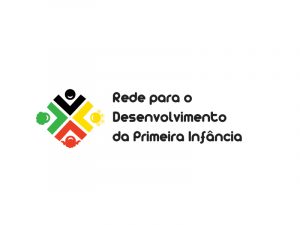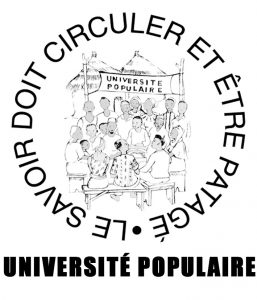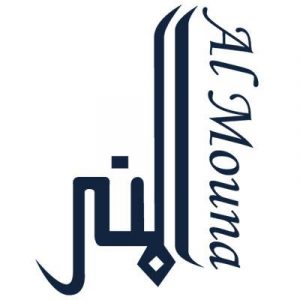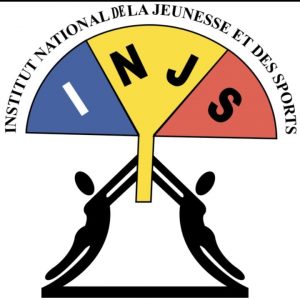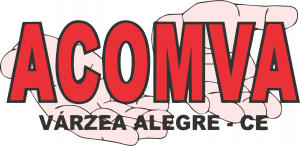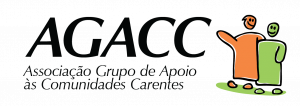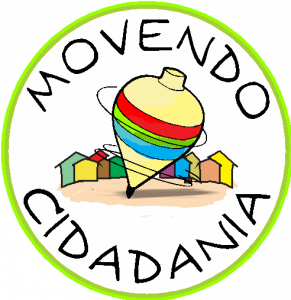

Strengthen civil society and public authorities in the implementation and appropriation of certified educational methodologies and influence educational public policies for quality education at controlled cost for the most vulnerable.
Places of intervention
Worldwide, 175 million children aged between 3 and 5 do not have access to pre-school education. (UNICEF, 2019)
UNESCO, in 2018, qualifies education as a fundamental human right that paves the way for the exercise of other rights. To realize this right, countries must ensure universal and equal access to equitable and inclusive quality education
In order to support the most vulnerable populations in gaining access to inclusive, innovative and quality education, ESSOR supports toddlers and teenagers through 2 specific methodologies:
The pre-school methodology which aims to implement an active and child-centred pedagogy and to encourage the involvement of parents in the education of their children.
The Citizen’s Journey is aimed at teenagers aged 13 to 17 and places the young person at the heart of the activities, by implementing an inclusive and participative approach that combines citizenship training and life skills, through the implementation of edutainment workshops and activities that will enable them to become themselves actors for change in their community.
Our engagements
Offer young children pre-school activities to facilitate their integration into primary school
Help teenagers to take an active and civic role in society
Sustainably strengthen the capacities and know-how of actors in the South to appropriate, adapt and perpetuate quality educational methodologies for the most vulnerable and work as a network to influence public education policies
The project in action
- Support and train public institutions and local associations in the implementation of quality educational activities
- Set up pre-school activities based on child-centred pedagogy, in which the child is the actor of his/her learning, in partnership with local associations
- Diagnose and provide specific care for young children with disabilities or with neuropsychomotor and socio-affective delays, in partnership with local associations
- Carry out 4 to 9 months "Citizen Journeys" with and for teenagers, in partnership with local associations
- Propose actions of Education for Citizenship and International Solidarity in France and in the countries of intervention
- Involve parents by organising talking circles and workshops around educational and civic themes
- Create certified training for facilitators and educators with universities, vocational training centres and public authorities
- Introduce a quality label for structures implementing Citizens' Journeys or pre-school activities
- Capitalise on educational methodologies and training manuals
- Create an international network in community education
Youth Clubs, to continue the commitment to citizenship! The project aims to provide a perspective for young people who have just completed a Citizen's Journey and wish to remain involved and continue to build on the experience gained. Different types of actions are possible: organising weekly or monthly debates with young people from the community, setting up a theatre or music club, setting up sports and cultural activities, providing educational support, creating composting areas associated with the setting up of vegetable gardens, etc. Each Club can choose a theme and a key action. A small fund is provided to help Clubs set up and create income-generating activities so that they are financially self-sufficient. Some can also either join existing associations or form an association to make their voice heard by the public authorities. Exchanges of experience between different Clubs in the same town are organised in order to share good practices and difficulties. In this way, they constitute an important relay of citizenship within the community and embody positive models for their younger siblings. This opening is a continuation of the Citizen's Journey and consolidates the empowerment work of young people, in particular thanks to the new human and social skills they acquire throughout this process. As youth ambassadors, they make their voices heard and act in favour of causes that are close to their hearts, notably gender equality, while preparing their entry into working life.

